|
is the miraculous planet of this expansive universe upon which multifarious forms of life are fostered. The earth was born 4.6 billion years ago. The first forms of life are believed to have emerged 4 billion years ago, and humankind, but 4 million years ago. |
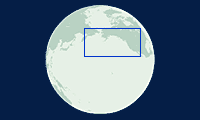 |
This segment requires a Shockwave Flash plug-in for viewing--Download here! We recommend it for users with high-speed telecommunications lines. |
|
Warm and cold ocean currents merge in a region filled with an abundance of living things. The area is a fishing ground for salmon, the principal food of resident orcas. Salmon that swim upstream also nourish the coastal ecosystem on shore from Canada through Alaska. The region has long been home to native peoples who live here in close harmony with Nature. |
 |
|
|
The largest island in western Canada--stretching 400 km (250 mi)--lies west of the Province of British Columbia's metropolis, Vancouver. The island is covered with evergreens, some over 1000 years old. Vancouver Island draws people who enjoy sea kayaking, fishing, camping and the beauty of the islands' rich natural surroundings. |
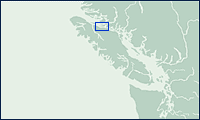 |
|
|
Johnstone Strait is the less than 3 km (1.8 mi) wide waterway that runs between Vancouver Island and mainland Canada. Its jagged coastline and countless tiny islands indicate that the area was once glacier. |
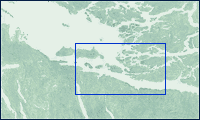 |
|
|
OrcaLab monitors the orcas voices 24 hrs a day via six underwater microphones covering an approximately 20 km (12.5 mi) area around Hanson Island. These hydrophones will enable us to hear the beautiful voices of the orcas that come to the strait every summer. |
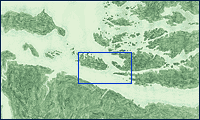 |
|
|
is the home of OrcaLab, and where Dr. Paul Spong lives together with his family. The aim of the lab is to research orca society and protect the orcas' living environment. We hope to offer live imagery and sound from Hanson Island this summer. |
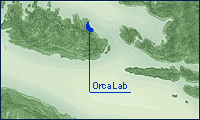 |
|